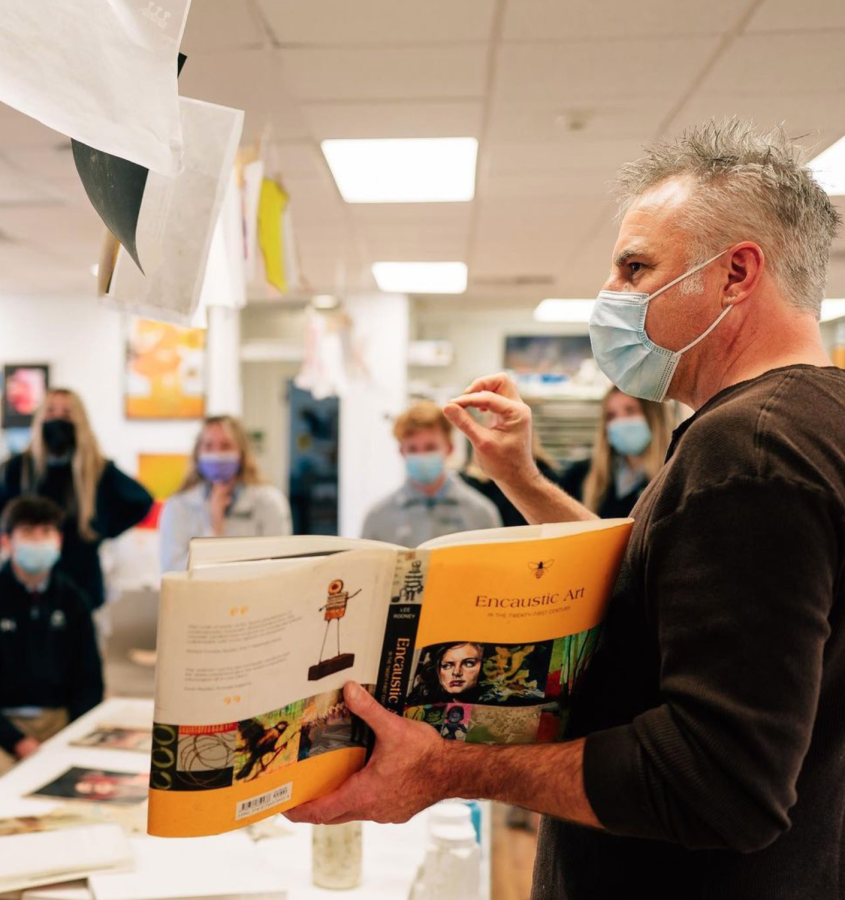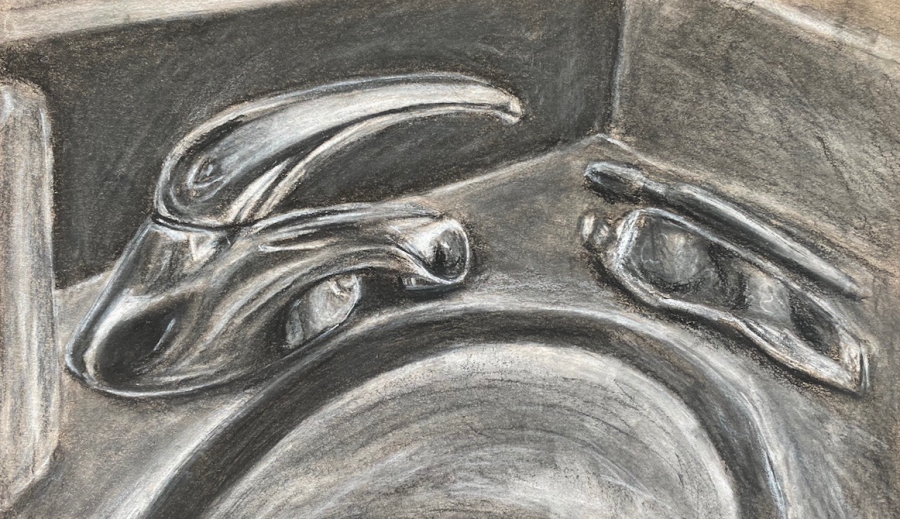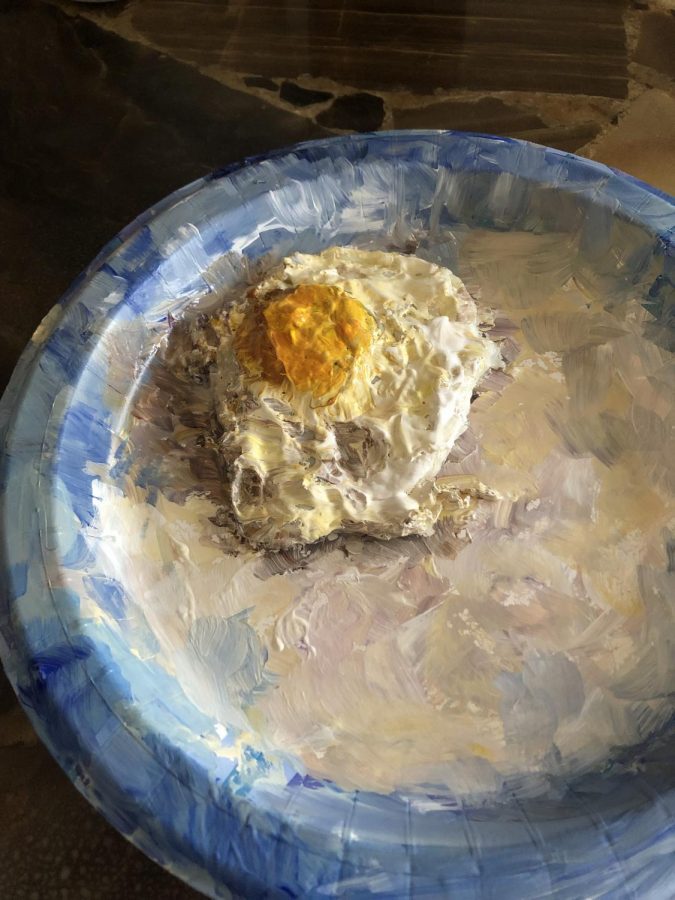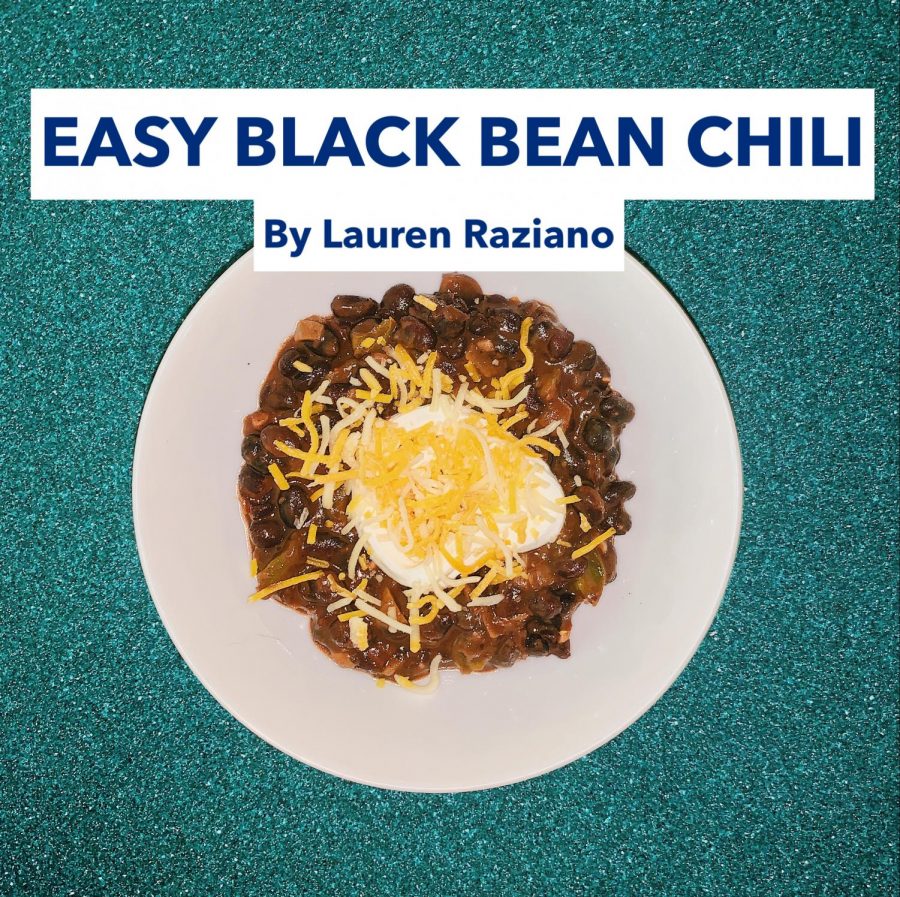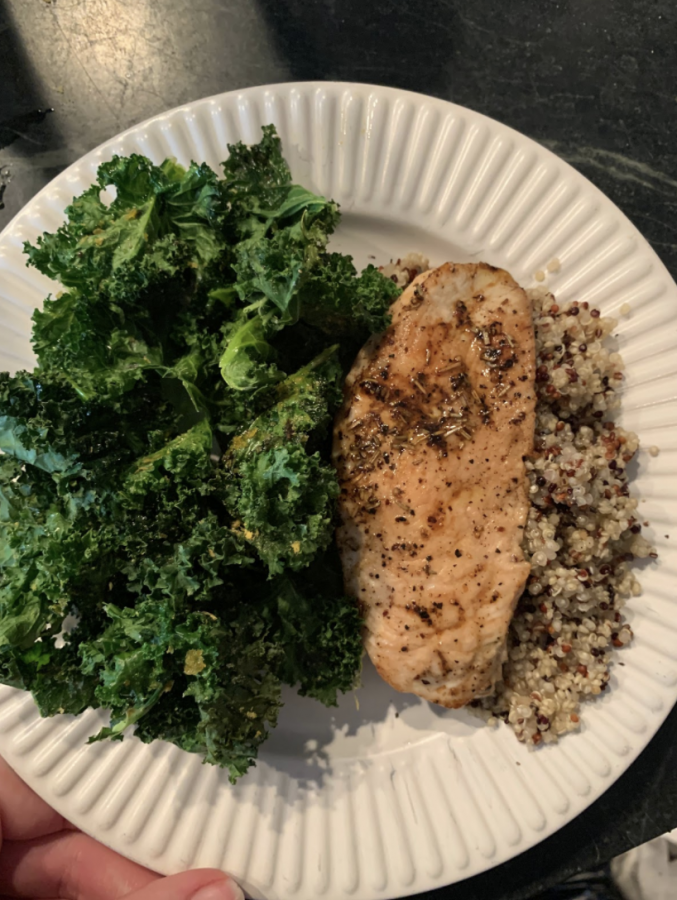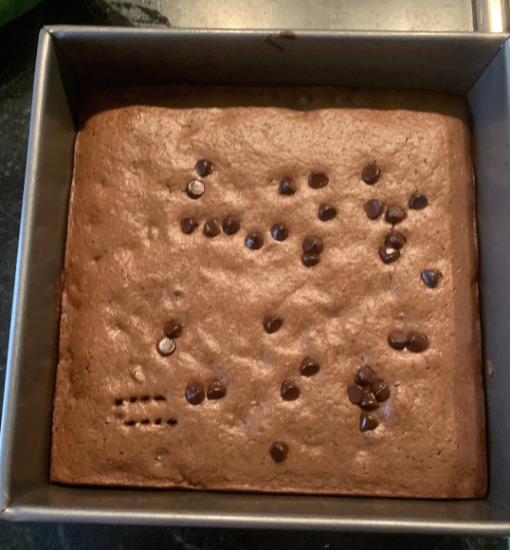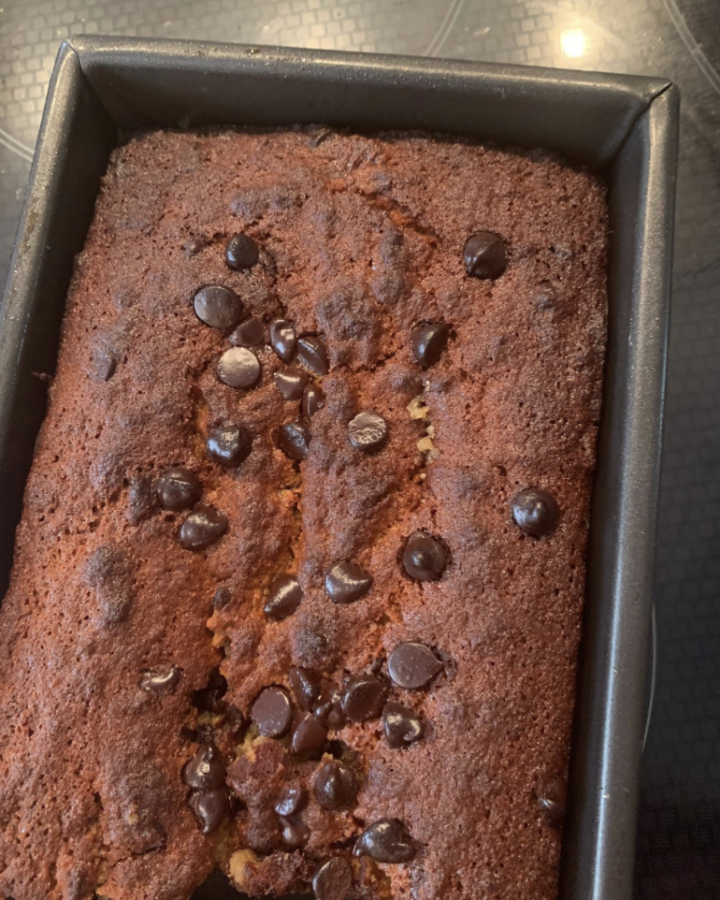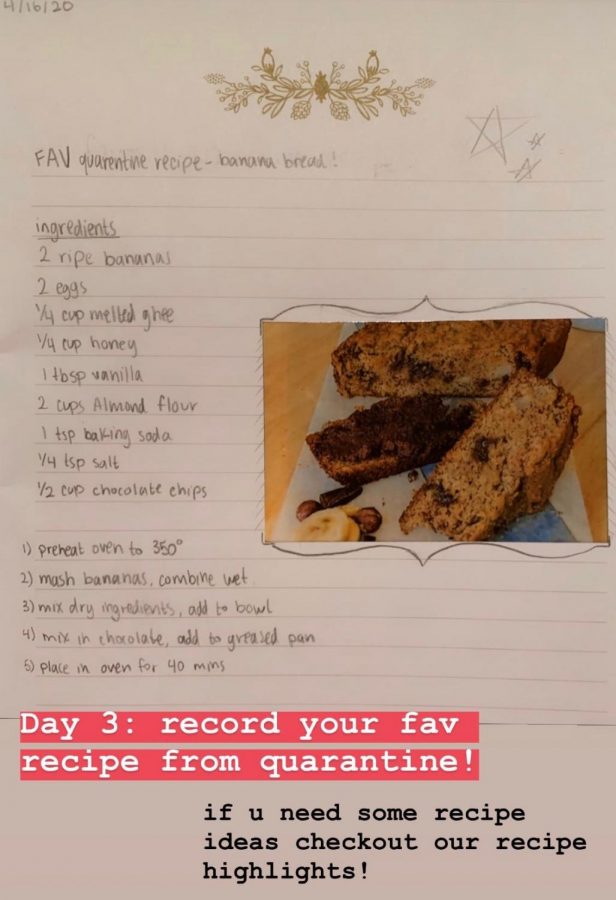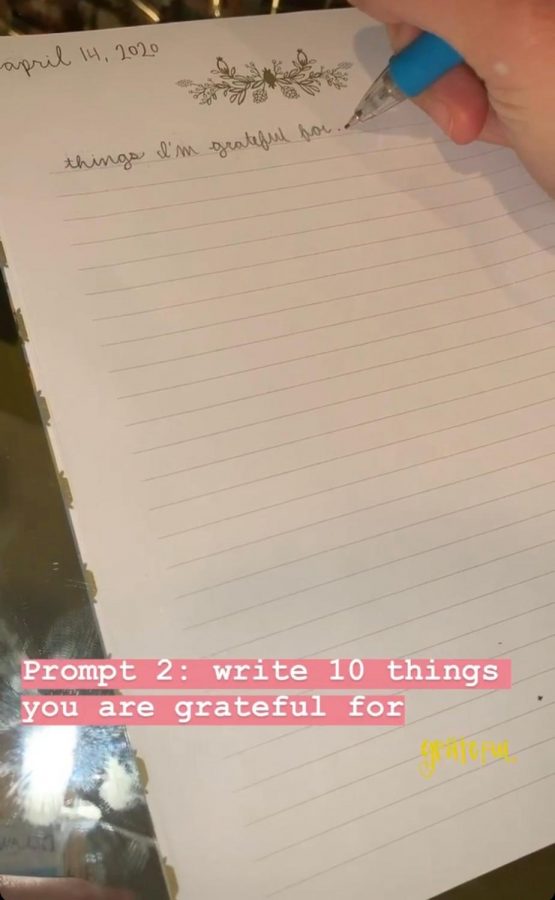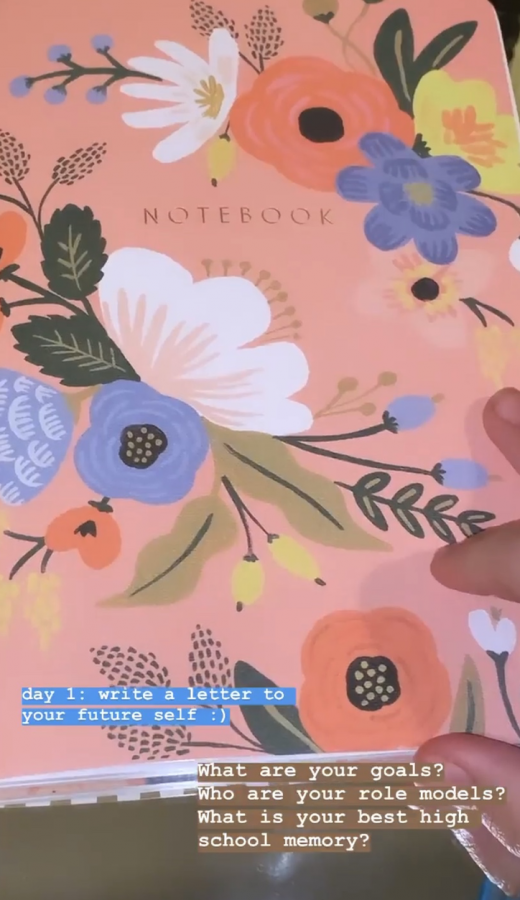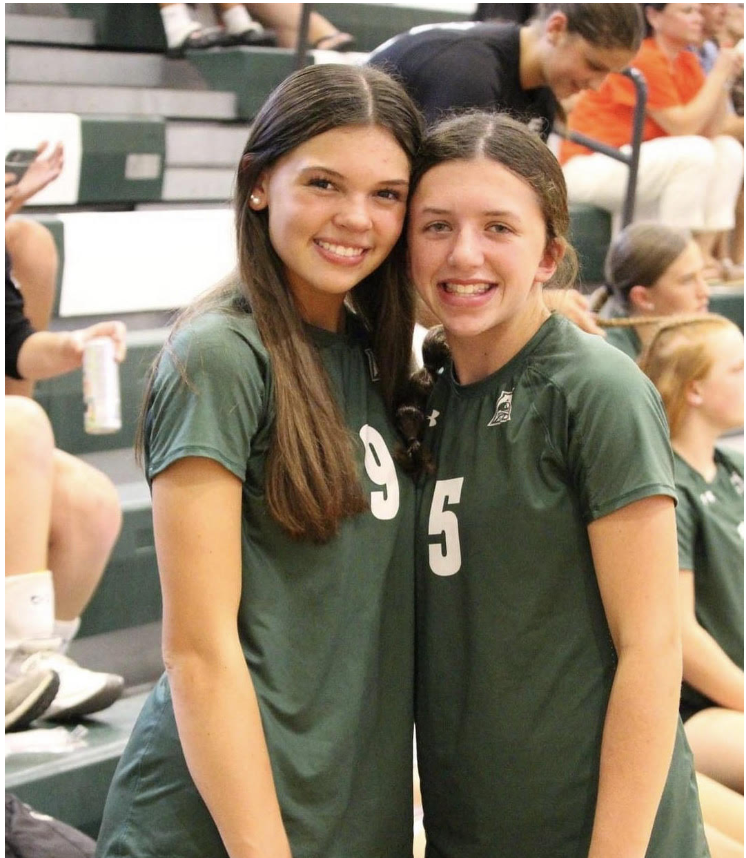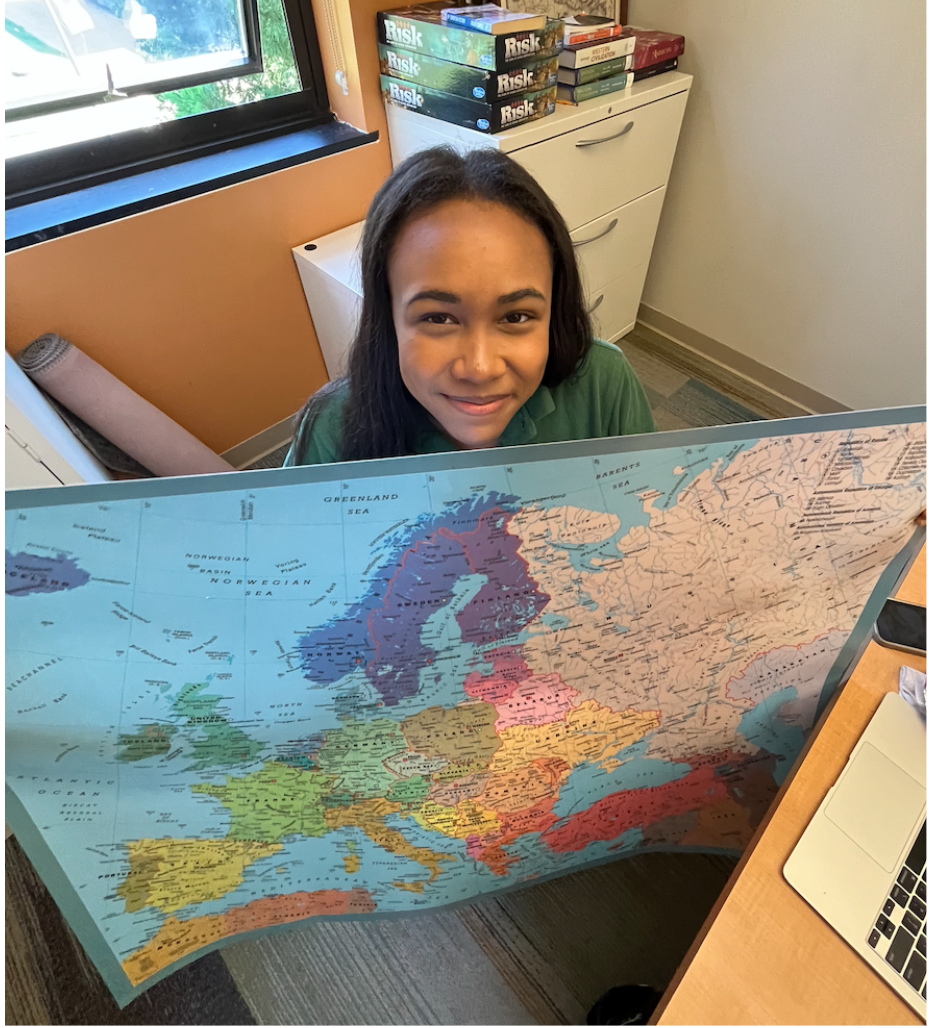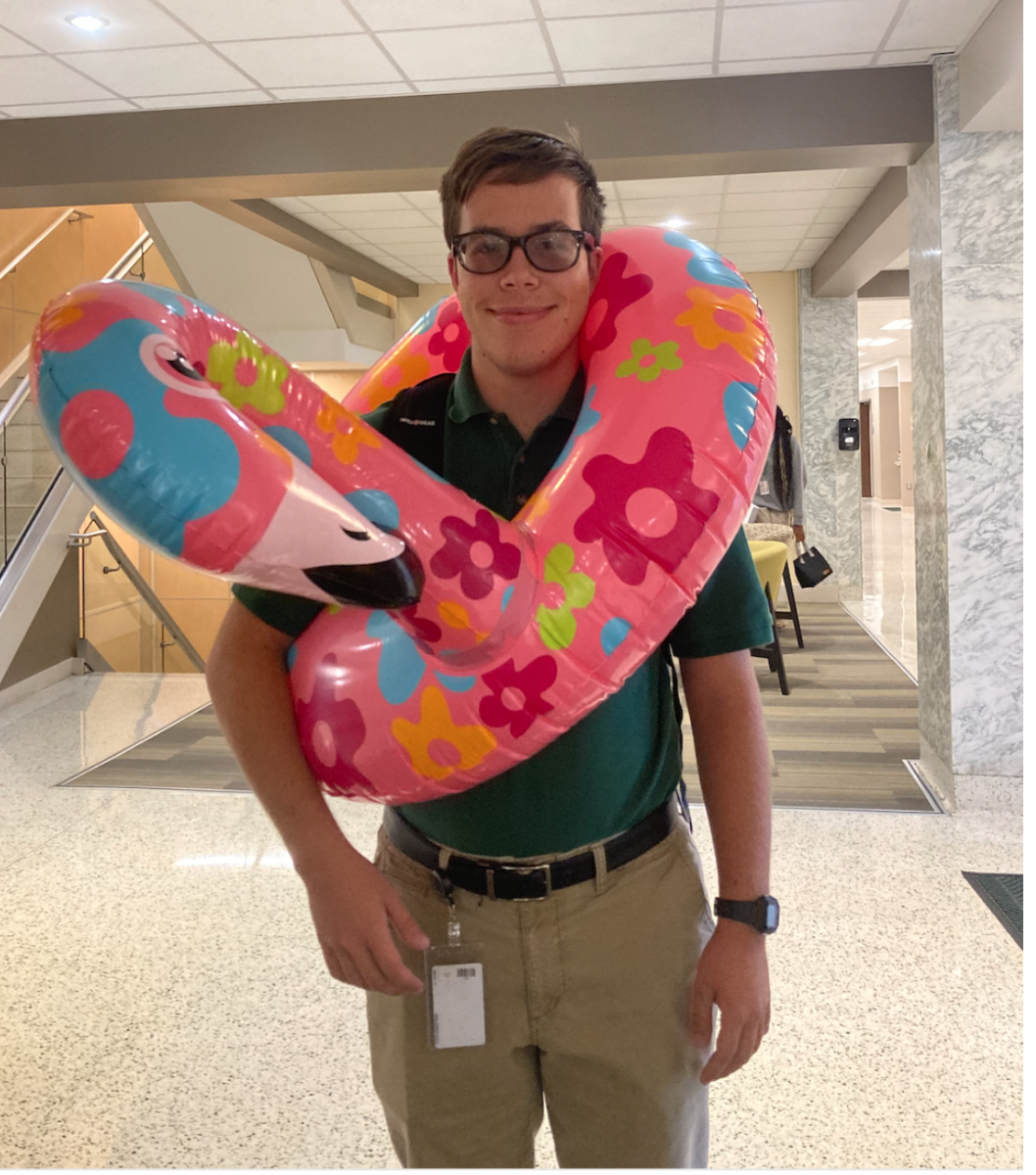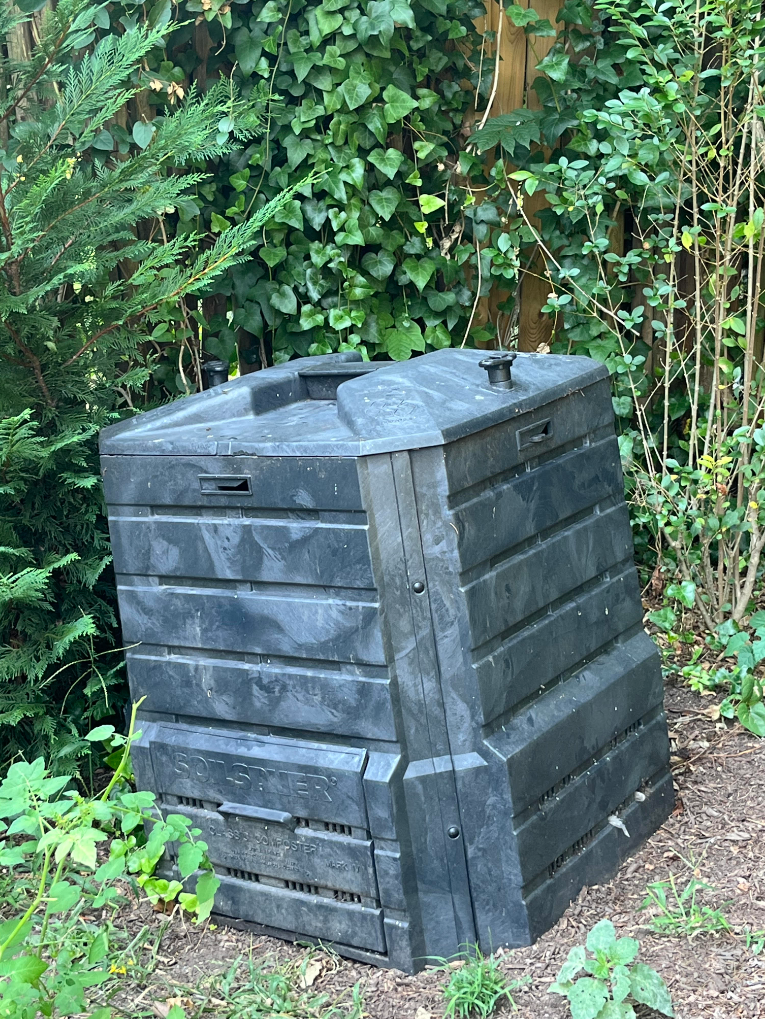A Meditation on “Wild Geese” by Mary Oliver
February 14, 2023
You do not have to be good.
You do not have to walk on your knees
for a hundred miles through the desert repenting.
You only have to let the soft animal of your body
love what it loves.
These words, from Mary Oliver’s poem “Wild Geese,” light up across my phone, embellishing my screensaver. I’ve had this poem saved for however long–the date doesn’t matter– but it serves as a daily reminder to keep me grounded.
Becoming a high school senior has brought about many different feelings–exhilarating ex- citement, fear of the future, and the ever loom- ing question: Am I good enough? Thoughts
swarm in my head with every decision, every test question answered, and every step into my next class.
As I realized anxiety had made its home within my daily life-whether I liked it or not-I searched for the unanswerable way to flip a switch, to evade my own self-loathing.
So, how can we move against the impene- trable force that is our own worry and doubt? Is there a way to regain trust and worthiness in oneself ?
One way, I knew, was within “Wild Geese.” While it is only my phone’s wallpaper, it feels like a tattoo on my body. You do not have to
be good, I recite. One thing I struggled with realizing is that many, many other people, even those who sit across the room from me in my third period class, share the same feelings and even similar fears.
“Poetry is not a luxury,” Audre Lorde de- clared in her titular essay. As I grow older, I’ve noticed this utmost importance. Collections like “Dream Work” that house “Wild Geese” by Oliver helped me realize this necessity, the sheer importance of broken words laid across the page. They somehow encapsulate what I am too afraid to utter and bring out the light I search for.
Tell me about despair, yours, and I will tell you mine.
Meanwhile the world goes on.
Meanwhile the world goes on. I will grow older with every passing day, but I will also
still be the person I was five years ago. There comes a time when one cannot just fight these ticking seconds, but relish them. While I don’t fully embrace these anxieties, noticing them, and acknowledging my own state, helps the journey ahead. Letting “the soft animal of [my] body love what it loves” becomes an essential creed. What I found so inspiring about Oliver, and important to me, is valuing one’s true identity, desires, goals. Connections to nature are rife, revealing our innate relationship to the simplest state.
I ask myself–why does Oliver ask us to share our despair? Why must we indulge in others’ struggles? It comes down to an under- standing of compassion. Explaining my own shortcomings to others felt like a death wish–I felt compelled to stay polished, anything but a less than smiling face. But what is interesting about continually saying “I’m good! How are you?”
Even with the passing years and growing responsibilities, there is still power in breaking down the walls of forced identity. I feel that even with the onset of some of the hardest years, I have forged a path to understanding who I really am–facing questions I didn’t expect for years to come.
Whoever you are, no matter how lonely,
the world offers itself to your imagination,
calls to you like the wild geese, harsh and exciting –
over and over announcing your place
in the family of things.
I question myself sometimes–why I write, why I read. While earlier I felt trapped in my own worries, words on the page, especially these–make the impossible somewhat attain- able. I feel I am indebted to many writers on how they have shaped my identity, and Oliver has accomplished even more: shaped my outlook. Even in the struggle through change– there is always a view of joy, a pleasure to life that I want to seek through every day.
In a world of chaos and a schedule packed to the brim with commitments, I find solace in these simplistic yet poetic words. Every day brings moments that are harsh and exciting– and that’s what makes it all worthwhile.







